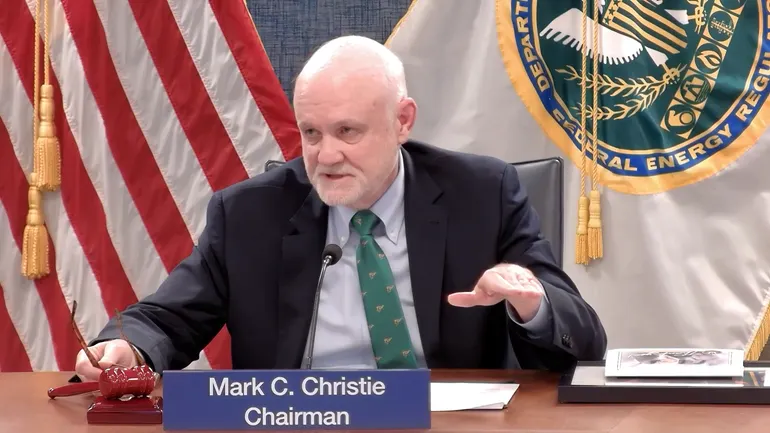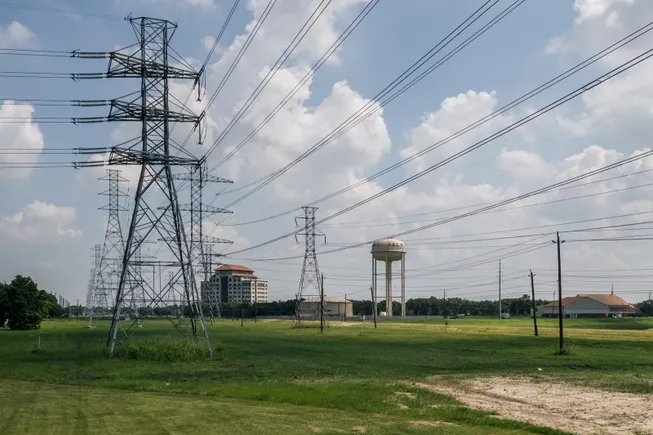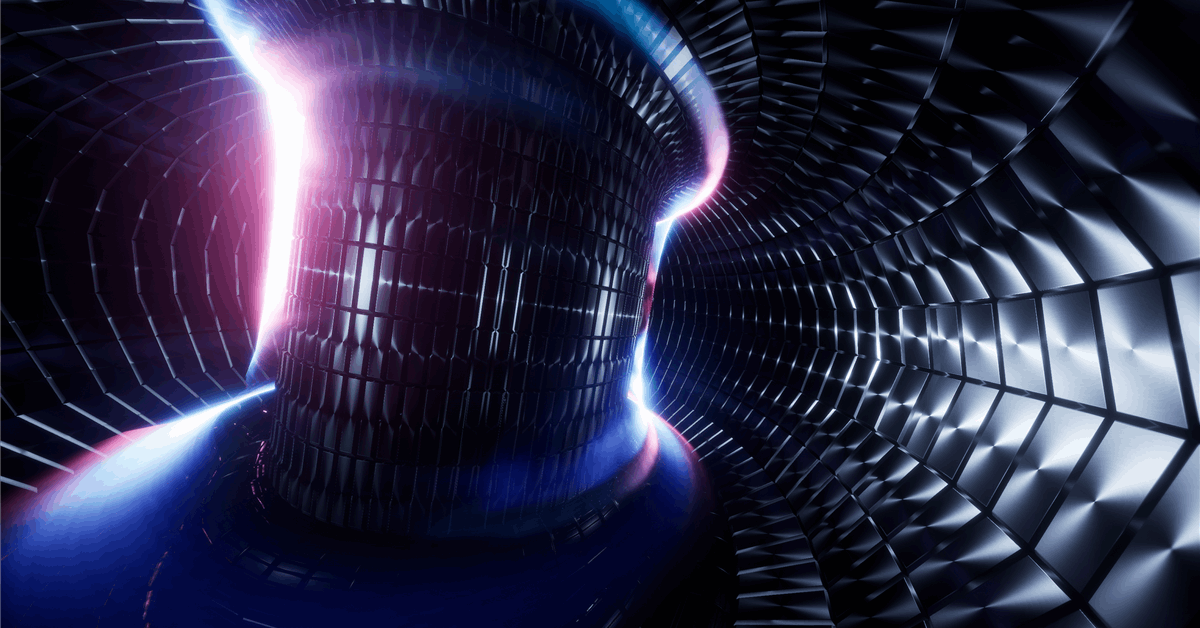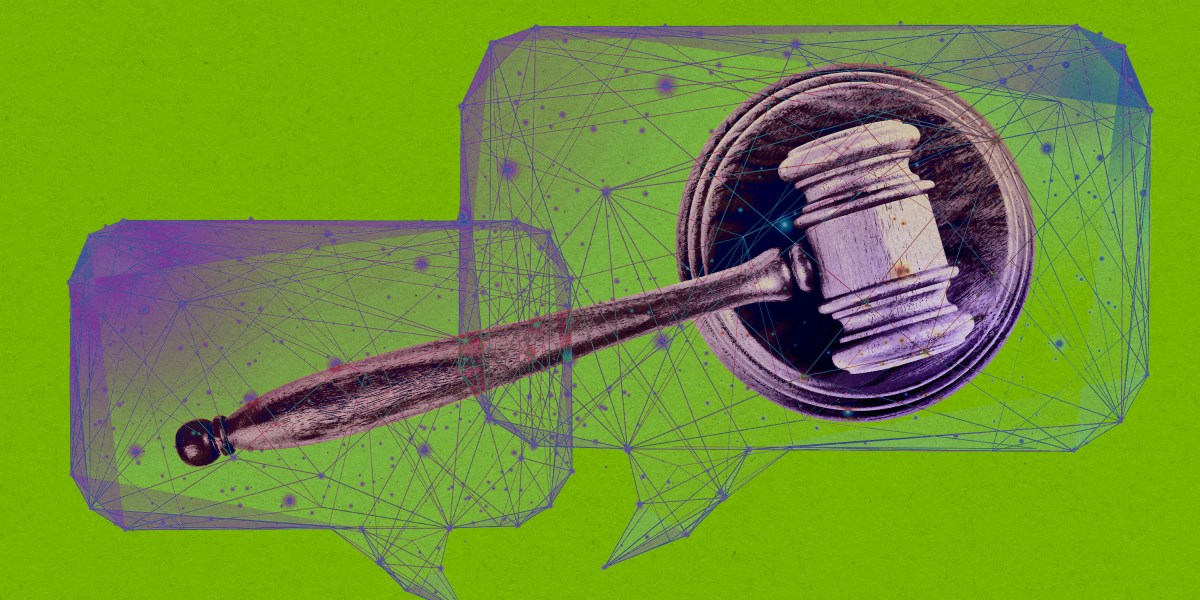This is today’s edition of The Download, our weekday newsletter that provides a daily dose of what’s going on in the world of technology.
This quantum radar could image buried objects
Physicists have created a new type of radar that could help improve underground imaging, using a cloud of atoms in a glass cell to detect reflected radio waves.
The radar is a type of quantum sensor, an emerging technology that uses the quantum-mechanical properties of objects as measurement devices. It’s still a prototype, but its intended use is to image buried objects in situations such as constructing underground utilities, drilling wells for natural gas, and excavating archaeological sites. Read the full story.
—Sophia Chen
If you’re interested in the potential of quantum, why not check out:
+ Why AI could eat quantum computing’s lunch. Rapid advances in applying artificial intelligence to simulations in physics and chemistry have some people questioning whether we will even need quantum computers at all. Read the full story.
+ This quantum computer built on server racks paves the way to bigger machines. Read the full story.
+ IBM aims to build the world’s first large-scale, error-corrected quantum computer by 2028. The company says it has cracked the code for error correction and is building a modular machine in New York state. Read the full story.
+ Amazon’s first quantum computing chip has made its debut. Read the full story.
The must-reads
I’ve combed the internet to find you today’s most fun/important/scary/fascinating stories about technology.
1 Nvidia and AMD will pay the US 15% of their China AI chip sales
The unconventional deal is the latest in a string of agreements brokered by the US President. (NYT $)
+ The deal could equate to billions of dollars for the US government. (WSJ $)
+ China says Nvidia’s H20 chips aren’t safe. (Reuters)
2 OpenAI is restoring GPT-4o to ChatGPT
Users were furious after GPT-5’s launch forced them to switch models. (Gizmodo)
+ They complained that the new model made basic errors.(Bloomberg $)
+ GPT-5 is here. Now what? (MIT Technology Review)
3 The US Bureau of Labor Statistics is in turmoil
And we’re losing access to key economic data as a result. (WSJ $)
+ Collecting data is getting a lot tougher in the US. (FT $)
+ Sweeping tariffs could threaten the US manufacturing rebound. (MIT Technology Review)
4 Spain has more solar power than it knows what to do with
And that abundance has pushed its electricity grid to its limits. (FT $)
+ Did solar power cause Spain’s blackout? (MIT Technology Review)
5 Truth Social’s new chatbot keeps disagreeing with Donald Trump
It states that the 2020 election wasn’t stolen, and contradicts his stance on tariffs. (WP $)
+ It does seem to rely heavily on Fox News, though. (Wired $)
6 Tesla has applied for a license to supply power to British homes
If approved, it could start rivaling the UK’s energy firms as soon as next year. (BBC)
+ The business is likely to be called Tesla Electric. (The Guardian)
+ Sales of Tesla’s EVs are still slumping across Europe. (CNBC)
7 Canadians are taking up the offer of assisted dying
Demand for the procedure is outstripping clinician capacity. (The Atlantic $)
+ The messy morality of letting AI make life-and-death decisions. (MIT Technology Review)
8 Nvidia is full of nepo babies
But Jensen Huang doesn’t see anything wrong with that. (The Information $)
9 Silicon Valley’s young founders aren’t big drinkers
They’re all about the grind. (Insider $)
10 Farewell, AOL dial-up 💿
After 34 years, the company is finally ditching dial-up internet. (NBC News)
+ “You’ve got mail” no longer. (The Verge)
Quote of the day
“I just graduated with a computer science degree, and the only company that has called me for an interview is Chipotle.”
—Manasi Mishra, who recently graduated from Purdue University without a job offer, vents her frustration in a TikTok post, the New York Times reports.
One more thing
This sci-fi blockchain game could help create a metaverse that no one owns
Dark Forest is a vast universe, and most of it is shrouded in darkness. Your mission, should you choose to accept it, is to venture into the unknown, avoid being destroyed by opposing players who may be lurking in the dark, and build an empire of the planets you discover and can make your own.
But while the video game seemingly looks and plays much like other online strategy games, it doesn’t rely on the servers running other popular online strategy games. And it may point to something even more profound: the possibility of a metaverse that isn’t owned by a big tech company. Read the full story.
—Mike Orcutt






















